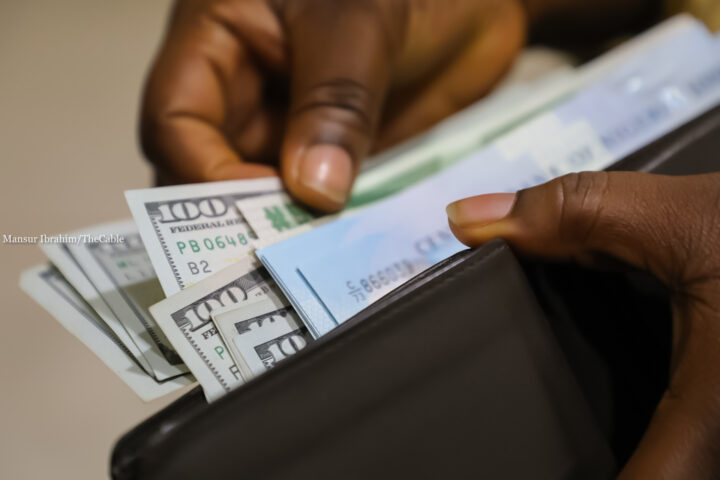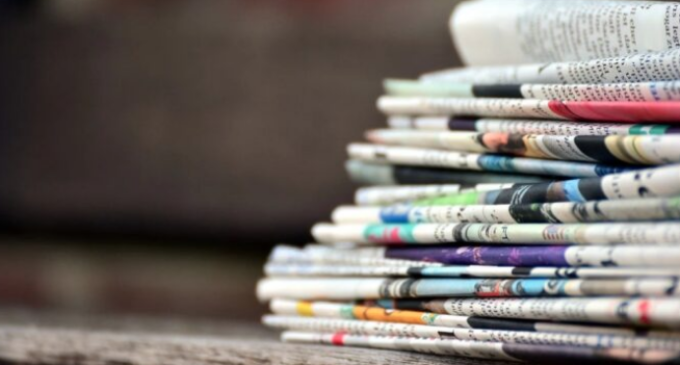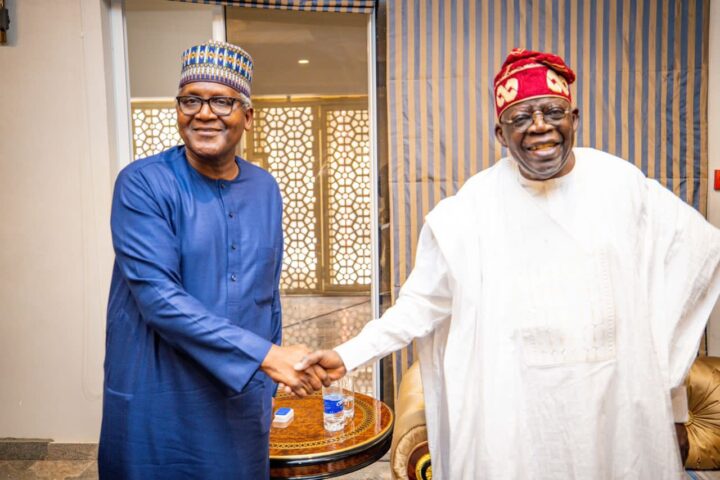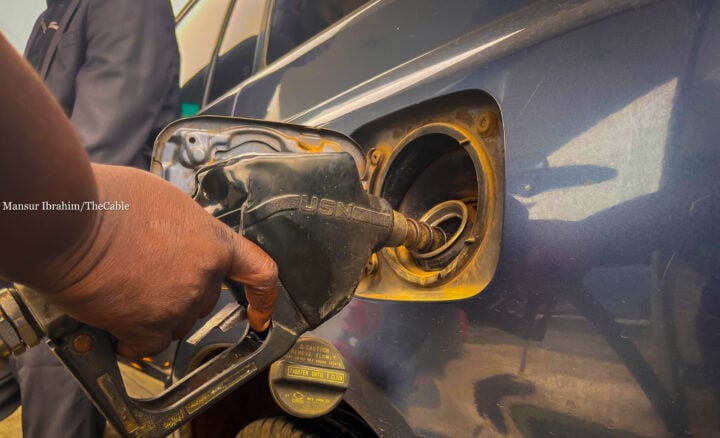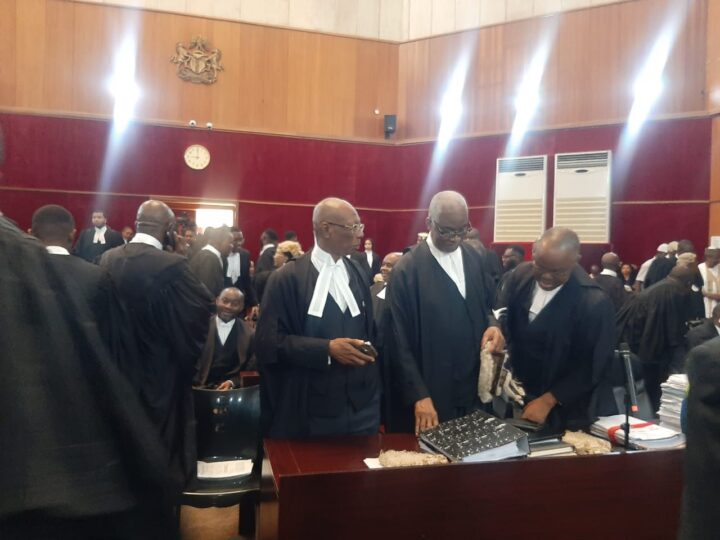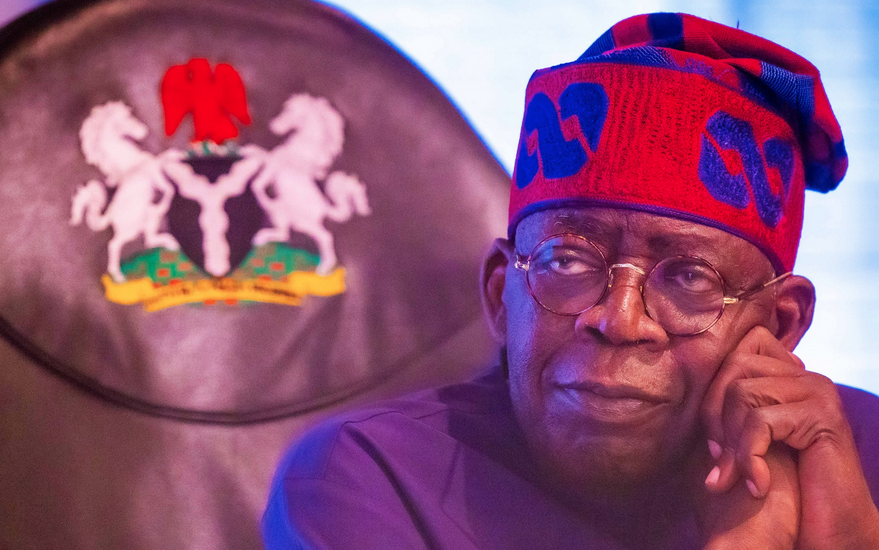As of Monday night, the Central Bank of Nigeria (CBN) was quoting 589.45 naira per dollar on its website. At about the same time, the Investors and Exporters (I&E) window, as reported by FMDQ, was quoting a closing price of N770 per dollar. Traders at the parallel market were selling the dollar for N757. To make matters worse, the dollar actually hit a record high of N799 per dollar at the I&E window on Monday. There are still different prices, so what did President Bola Tinubu change?
This has been the summary of many contemplations I have had with friends, colleagues, and very “dear gentle readers”. Many of those conversations end with these familiar questions: “So, should we buy more dollars or sell the ones we have?” I dodge this question because I am very careful with financial advice. I simply explain policies, you make your decisions.
So what is really happening, are things not worse than they were before? How can the dollar be cheaper on the side streets of Lagos Island than at the official market? At what rate will the local currency converge against other currencies?
UNDERSTANDING CBN’S POSITION
First, let me premise this conversation by saying the CBN does not have a different rate from what the I&E window quotes. What differs majorly is the time of quote and the method the CBN uses. As of Monday night, the apex bank was quoting 589.45 per dollar, while the I&E window was displaying N770 to the greenback.
Advertisement
CBN is currently citing data from last Thursday, June 15, 2023, while the FMDQ I&E window is quoting figures from the trading floor as of June 19 — about four days apart. To prepare you for the coming surprise, the CBN will likely not quote N770 when it updates its numbers on Tuesday afternoon. Let me explain further.
The CBN quotes the “weighted average” of transactions on the I&E window — not just the closing figure.
For instance, $78 million was traded on Monday at the I&E window. Part of that money was traded at N799 per dollar, another part was traded at 461 per dollar (existing old transactions, agreed upon before the float), and some others at N760 per dollar. The CBN does not arrive at its price by simply calculating the average of 799 + 461 + 760.
Advertisement
The apex bank gives more weight (or influence) to bigger transactions. An exporter who traded $10,000 at N799 per dollar will not have the same influence on the market as another investor who sold $10m at 650 per dollar. CBN’s weighted average is a more correct reflection of where the market is per time.
In any case, faster updates from the CBN website will be helpful at these uncertain times to manage market abuse.
THE FOREX CHAOS IS A GOOD SIGN
In the very recent past, when the CBN announces a policy for the foreign exchange market, and the market responds with further depreciation of the naira, the authorities apply force. The bank literally employs the services of the Department of State Services (DSS) to arrest currency speculators.
Remember when Godwin Emefiele, the now-suspended CBN governor, said in July 2022 that “politicians using naira to buy dollars for campaign will be arrested“? The market responded negatively to Emefiele’s speech as the naira dropped from about 580 to 707 per dollar. To curb this depreciation, DSS and EFCC went on raids, arresting currency speculators.
Advertisement
The markets are happy with the most recent policy pronouncements by the CBN but that joy has resulted in massive devaluation. In the past, anyone not selling at the I&E window rates as declared by CBN to be the primary source of quote, would have been arrested.
These arrests will set the market in line for the short term, and cause more harm in the long run. That we are seeing all this chaos without any application of force by the state is a great sign. This gives the market enough time and room to find the real value of the naira.
SO WHY DO WE STILL HAVE MULTIPLE EXCHANGE RATES?
First, water needs to find its level. I believe it may take well over a month for the market to settle into one exchange rate. Right now, a lot of repatriation of profit and capital by foreign companies investing in Nigeria is going on. Also, Nigerians are making hasty decisions in other not to get burnt by the policies, based on the hangover of yesteryears.
This is why many are asking; “Should we buy more dollars or sell what we have? Should we hoard what we have?” And other variants of these questions. Bank staff and investors are also watching where the market settles and how serious the government and CBN are about not intervening as previous governments did.
Advertisement
To really answer the question, I will not tell you unification will happen shortly at N500 to N600 per dollar. While the economics shows this can happen, I think the policies as we have them today will not let that happen. Last week, CBN announced that the famous 43 items still cannot get forex from the I&E window.
If advisory from the Lagos Chamber of Commerce and Industry (LCCI) is anything to go by, the 43 items restricted from getting forex at the I&E window affect 728 lines of products. These lines of businesses are big enough to skew the forex market and make it impossible for unification to happen. Besides giving the policy time to firm up, this “status quo on 43 items” is one of the major reasons why we still have multiple rates.
Advertisement
If CBN and President Bola Tinubu are really serious about unification, the 43 items situation needs to change.
You can reach ‘Mayowa on Twitter @OluwamayowaTJ
Advertisement
Add a comment

